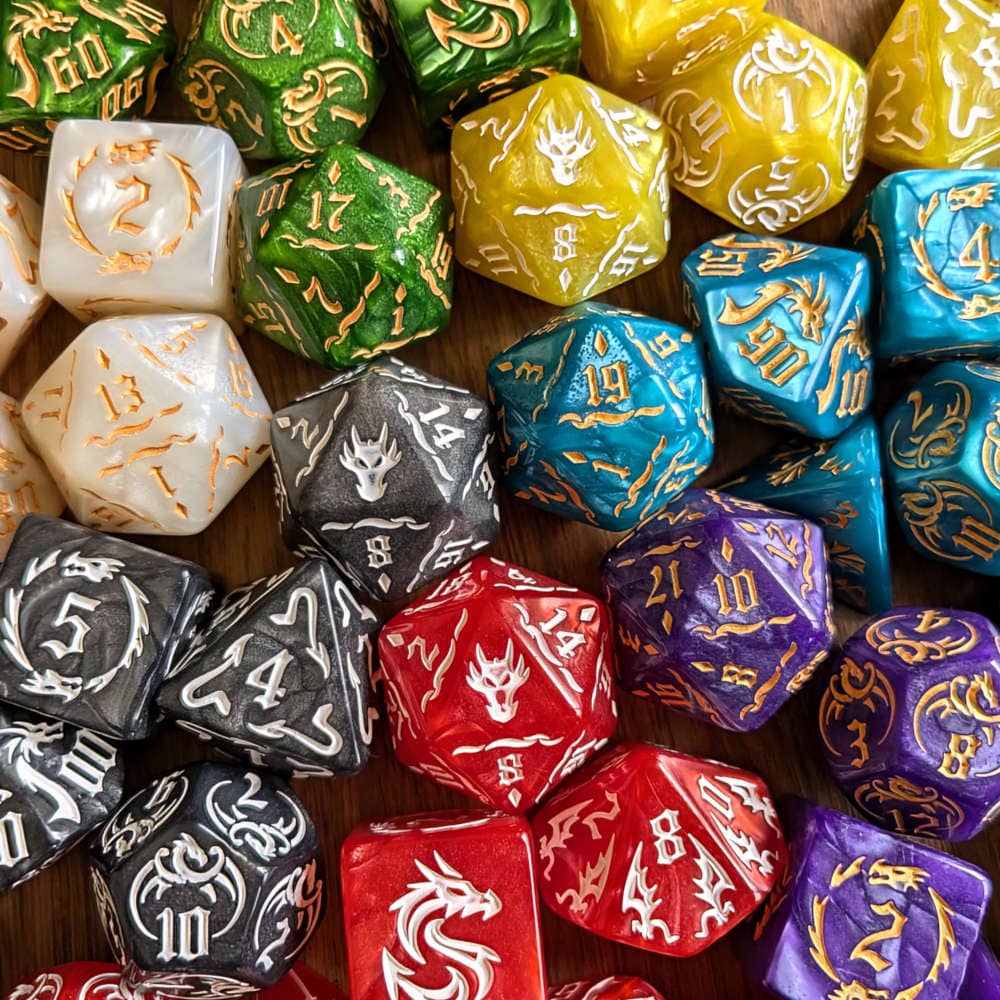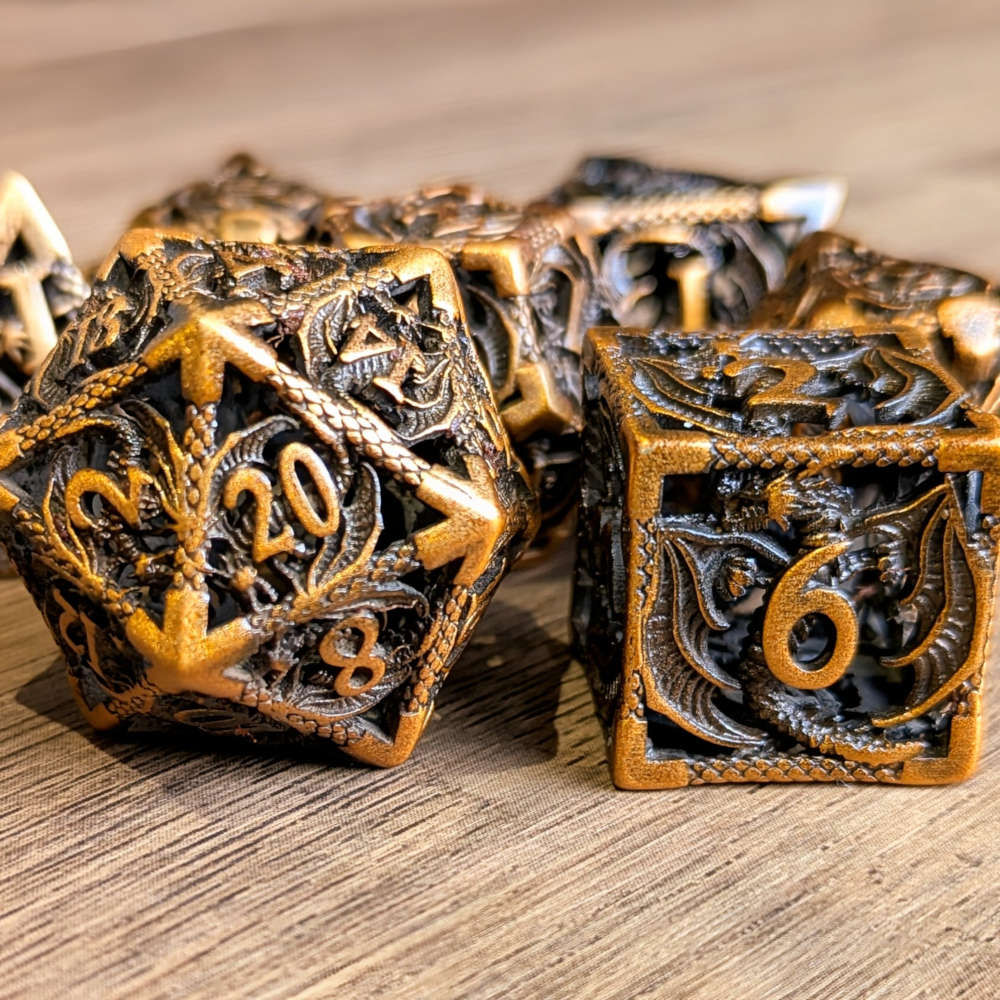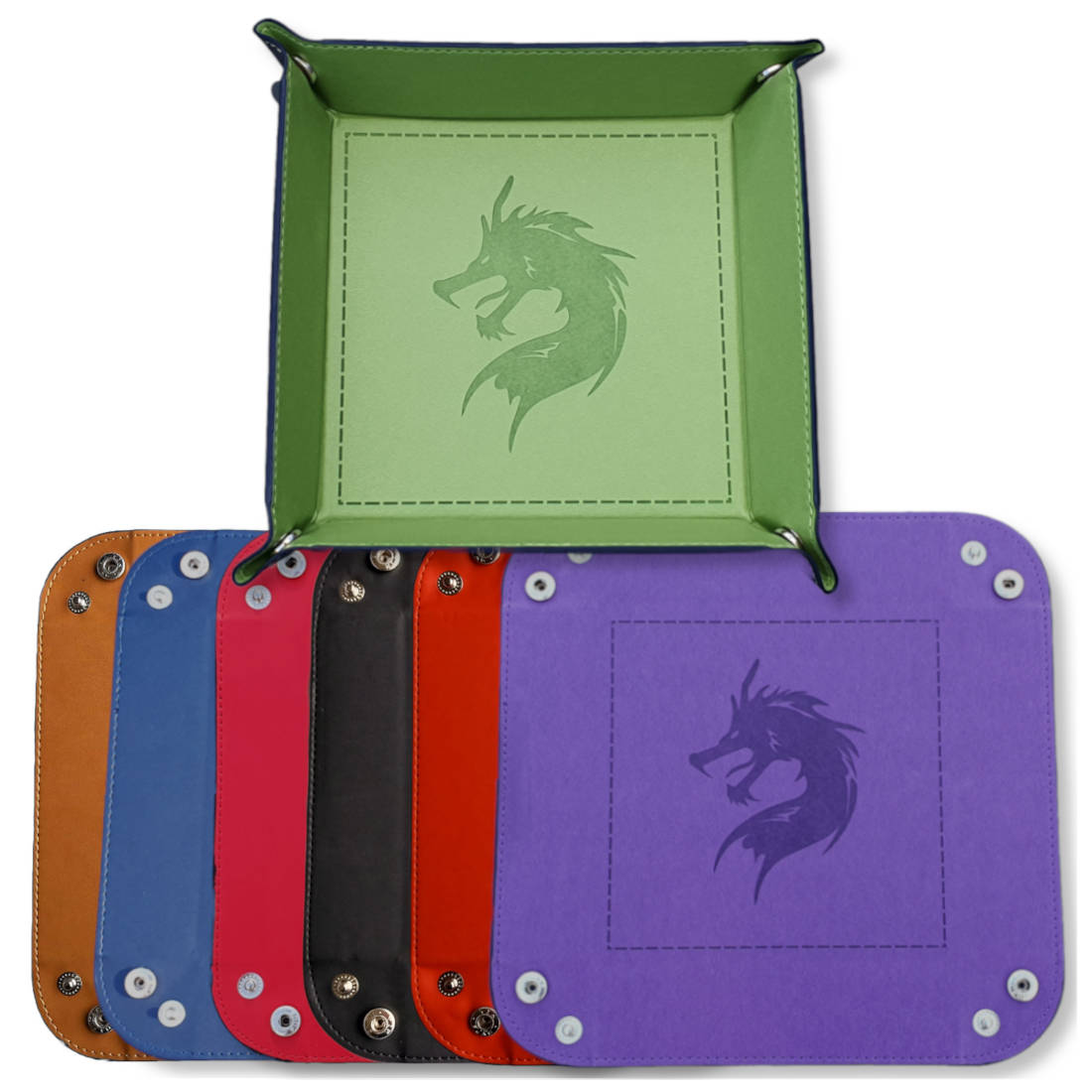Why you should take notes when playing DND

Forgotten a crucial piece of information? Searching for the name of that NPC you really need? If only you'd have taken notes! This is a common situation for D&D players to be in, which is why many opt to take notes of what goes on in their sessions.
Whether you're a seasoned adventurer or a newcomer to the realms of tabletop roleplaying, documenting your journey can greatly enhance the gaming experience and ensure that no detail, no matter how small, slips through the cracks. Let’s explore the reasons why you should take notes, and some of the best ways to do so.
Should you take notes while playing DND?
Yes! Taking notes while playing DND is a practice that can significantly enhance your gaming experience as it helps you jog your memory, stay organised, keep engaged, and follow the story. It’s also one of the things that will help you become a better D&D player.
1. Jogging your memory
Taking notes helps you recall crucial details like major plot events, important names, key world information, or clues that might be vital to the overarching story or the identity of the Big Bad Evil Guy (BBEG).
2. Staying organised
With numerous elements to manage in D&D, from inventory to spell slots and various resources, note-taking ensures you stay organised. It's a practical way to keep track of your character's progression and resources, as well as ensure that you don’t lose any key bits of information.
3. Keeping engaged
Being prepared with notes avoids interruptions in the game. Asking for recaps or forgetting essential information at critical moments can disrupt the flow of the game, so well-maintained notes keep you engaged.
4. Following the story
Methodical notetaking allows you to capture puzzles, riddles, key plot points, or any unexpected twists in the narrative. Reviewing your notes can trigger creative inspiration or help you realise connections you might have missed otherwise. Additionally, it serves as a valuable tool when recounting your adventures to others.
How do you take good notes in D&D?
To take effective notes in D&D, reflect on these three key aspects: how you should take notes, what you want to take notes of, and how you'll organise them. By considering these, you’ll be taking great notes in no time!
Remember, there’s no specific way to take notes ‘correctly’, only what’s best for you. Your notes don’t have to be clean, or clear, or legible to others. So long as you understand them and they are helpful for you.
How you should take notes
- Consider the medium: decide whether you prefer traditional pen-and-paper notes in a physical notebook, or a digital format on your computer or phone.
- Pick your style: some people prefer to write verbatim descriptions, while others prefer short sentences, symbols, or drawings. Choose the method that aligns with how you process information best.
What you want to take notes of
- Proper nouns: it’s good practice to record any proper nouns mentioned by the Dungeon Master. Proper nouns include names of people, places, or things. These details often hold significant importance in campaigns.
- Key information: keep a track of details about ongoing quests, as well as any information you discover about the main antagonist or key NPCs, or about your character or fellow characters.
How you will organise your notes
- Readability: you might use colour-coding, highlighting, or other styling to help you identify and read your notes. For example, you might have notes about the BBEG in a certain colour.
- Formatting: establish a general formatting style for your notes to keep them clear and legible. This could include using bullet points, numbers, or headings for different sections.
How do you organise notes in DND?
Organising your notes in D&D can be approached in various ways. For those who enjoy the tactile experience, using a physical notebook, like our D&D dragon notebooks, can be a fantastic option. Alternatively, digital notetaking offers ease of use and a way to keep your notes across devices.
Some players choose to take notes in the same way that they play D&D. For example, if you play D&D online, it might simply be more convenient to take notes on the device you’re using for play. This is one of the key differences between in-person and online D&D.
The lovely Ginny Di has made a great video explaining this, if you’d like to know more:
When should I take notes in game?
A mid-session break, downtime periods within the campaign, or at the end of each session are ideal moments to take notes. Most groups take a quick breather a few hours into gameplay, or if not, then you could take notes after your session ends as a way of debriefing and unwinding.
What about taking notes in-character?
Many players choose to take notes in-character, immersing themselves fully in the world so they can roleplay better. This involves adopting the persona of their character while jotting down information. Using a dedicated notebook, like our D&D dragon notebooks, can enhance the experience and serve as a creative outlet, allowing players to further connect with their characters beyond sessions.
Why do some players not take any notes?
While some players opt not to take notes, it often boils down to personal preferences. Some people might not need to write everything down, while some might. Additionally, certain players may choose not to take notes as part of their roleplaying experience, especially if their character is portrayed as forgetful or disinterested in documentation.
It’s always best to keep some basic notes of what happens in your D&D games. Even if you have a fantastic memory, you never know when you might forget one key name or detail. Having at least some minimal notes ensures that essential information is readily available, preventing awkward pauses or interruptions during the game as someone tries to recall information that could have been easily documented.
It's a practical precaution that contributes to a smoother and more enjoyable gameplay experience for everyone involved. It also helps prevent any undue anxiety in D&D.
Should I take session notes as a DM?
Absolutely! As a Dungeon Master, taking session notes is highly beneficial. Not only does it help you recall key details from the session, but it also allows you to provide concise recaps for your players. Additionally, reviewing your session notes during preparation for the next session ensures consistency in your campaign, helping to maintain a coherent and engaging storyline.
Dice to help you on your adventures
Now that you're equipped with the knowledge of why and how to take notes in your D&D adventures, explore more facets of tabletop gaming with our guide on whether it's more enjoyable to play as a player or a Dungeon Master.
As you delve into the depths of tabletop roleplaying, consider enhancing your gaming experience with our collection of DND dice and accessories at Dice Dragons. We offer a stunning array of tabletop gaming dice sets and accessories, including our captivating dragon-themed dice boxes.





